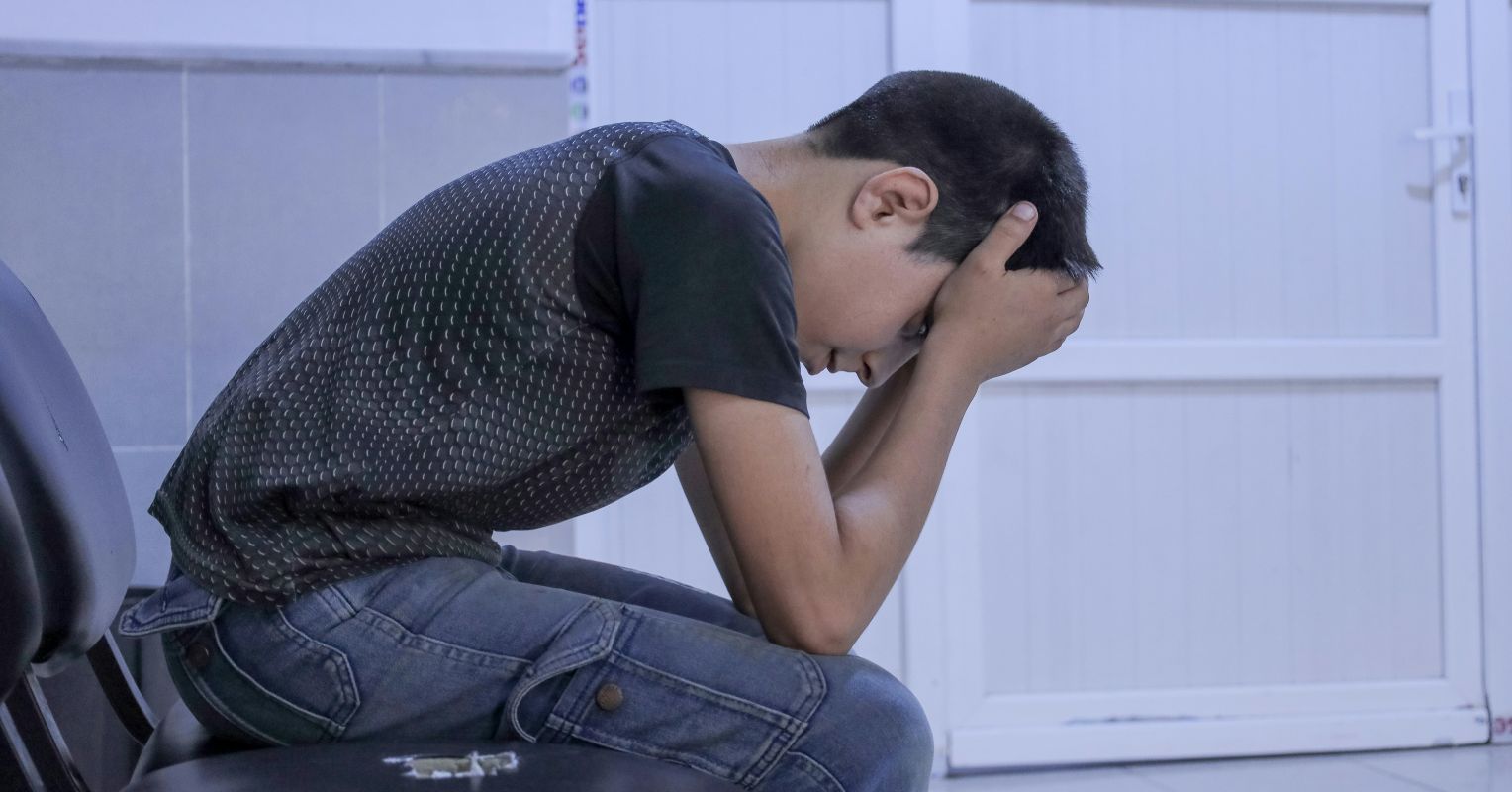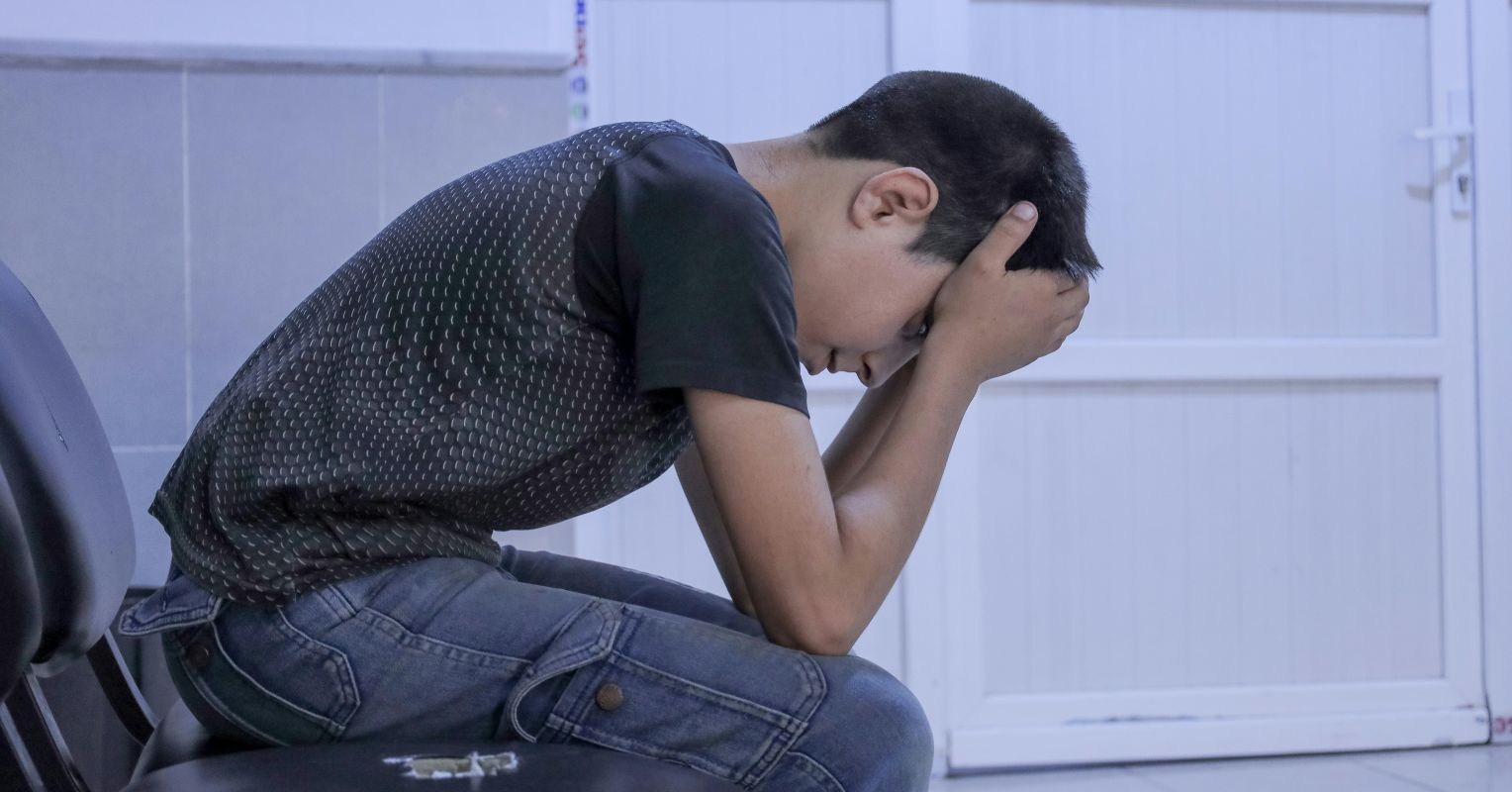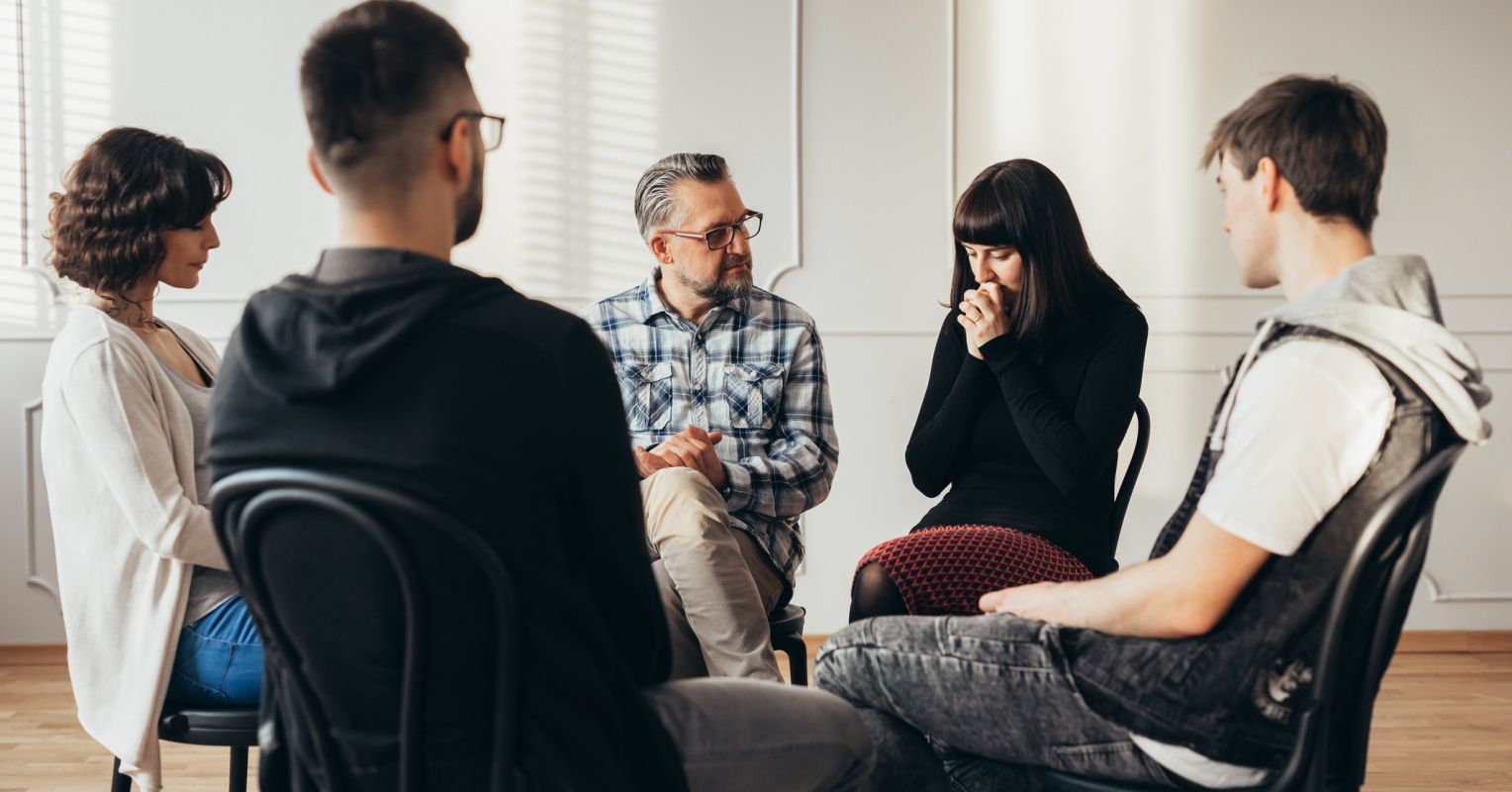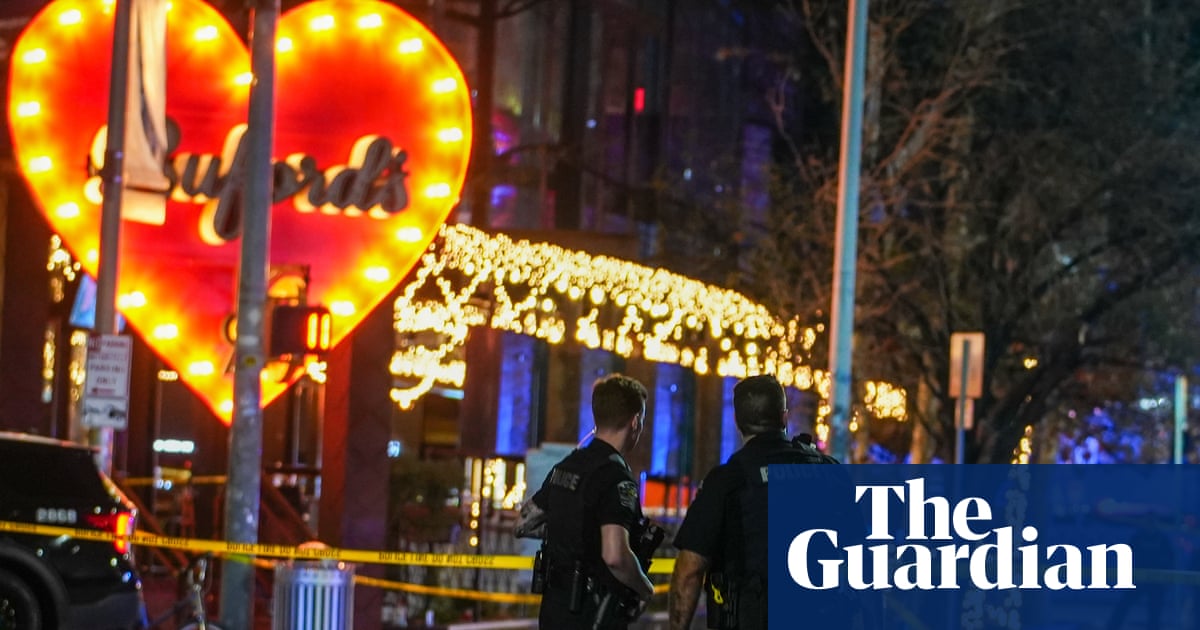fromInside Higher Ed | Higher Education News, Events and Jobs
1 hour ago5 Takeaways From Recent Research on Student Loneliness
A recent report from Trellis Strategies, based on data from Trellis's 2024 Student Financial Wellness Survey of nearly 44,000 college students, found that 57 percent said they felt lonely-45 percent sometimes and 12 percent always. Just 15 percent reported never feeling lonely.
Higher education








